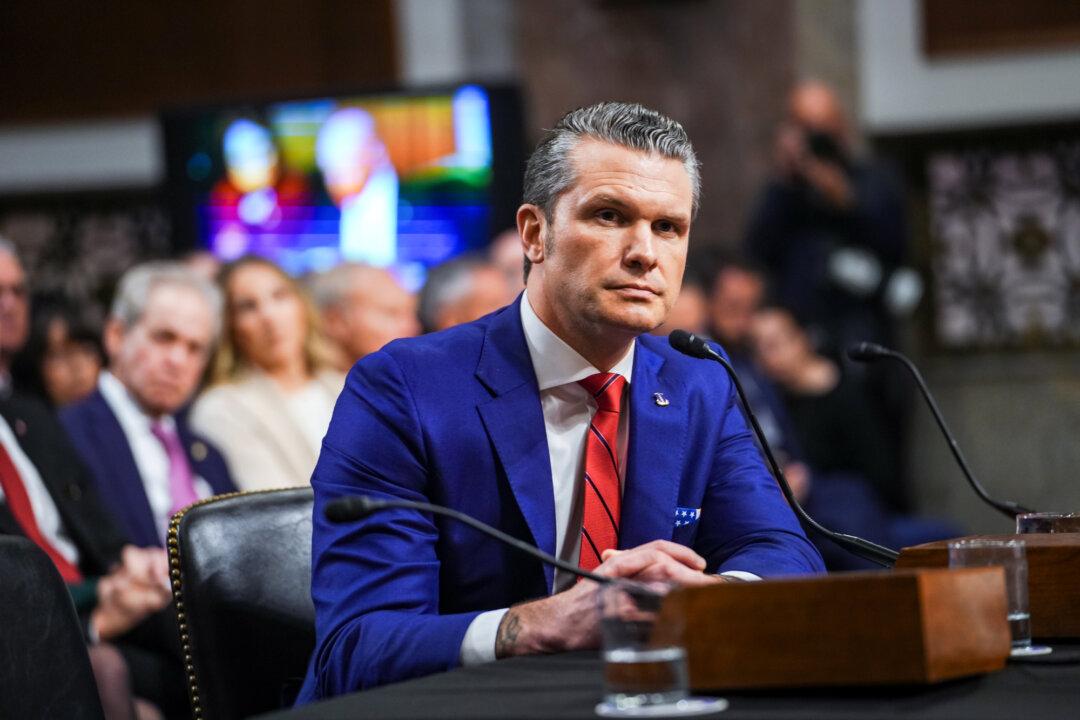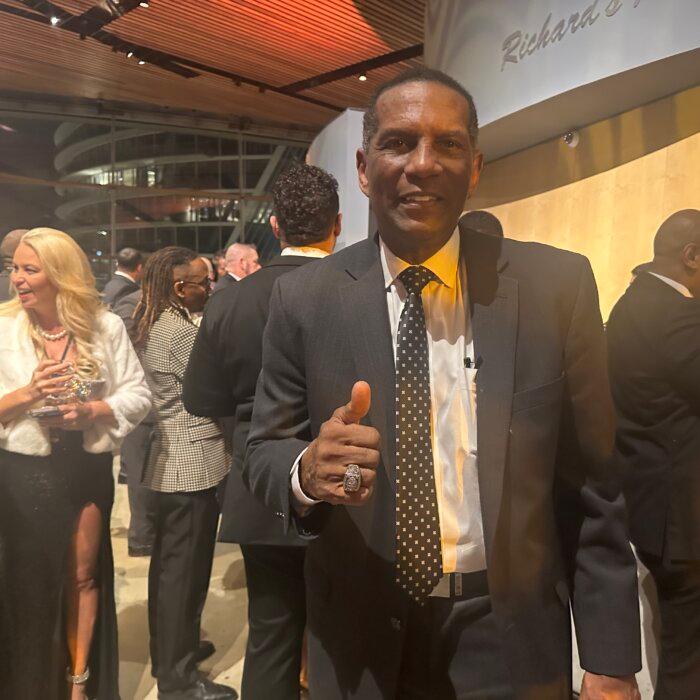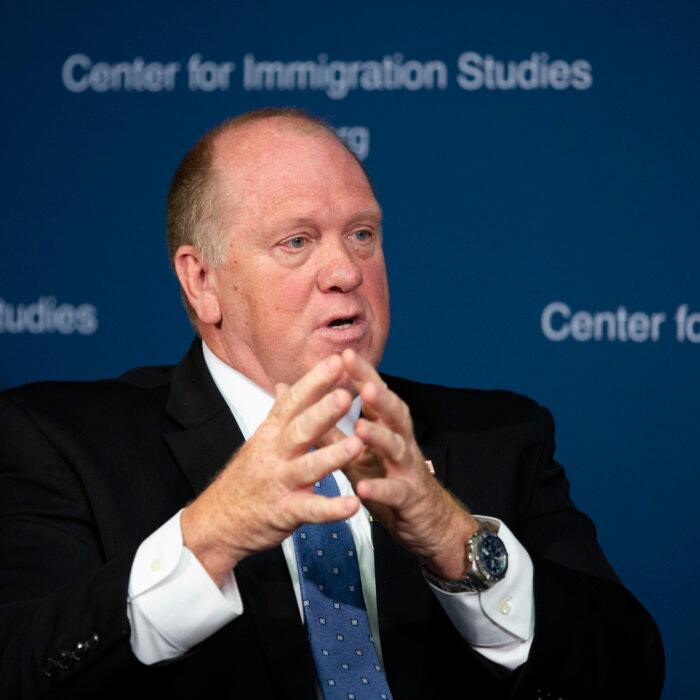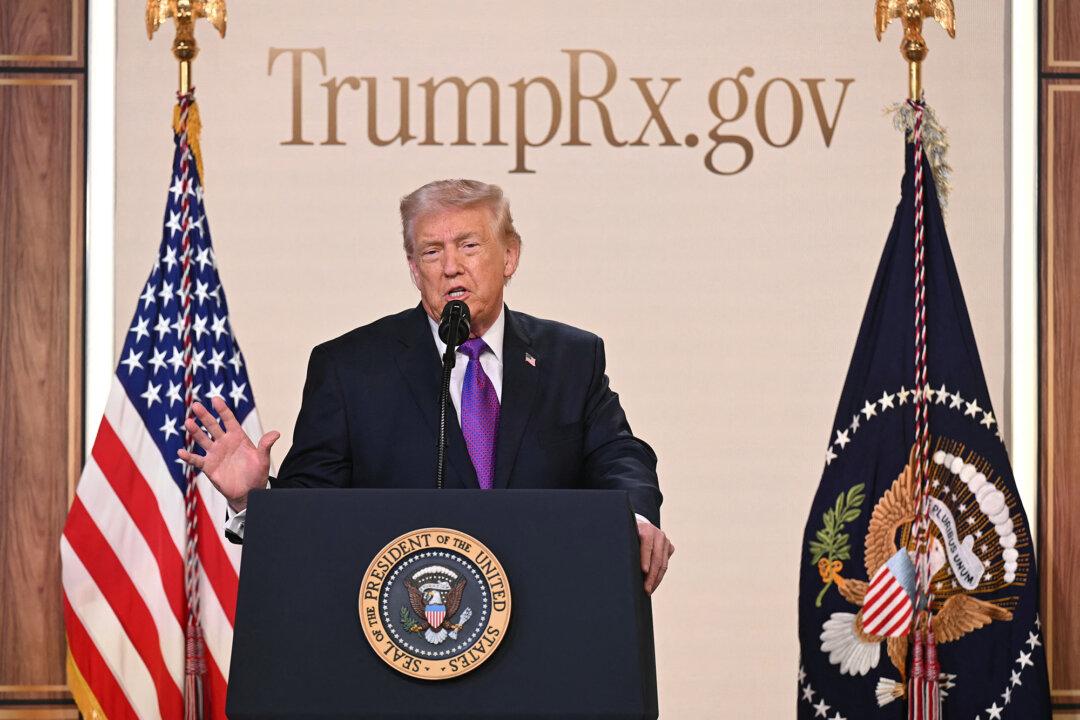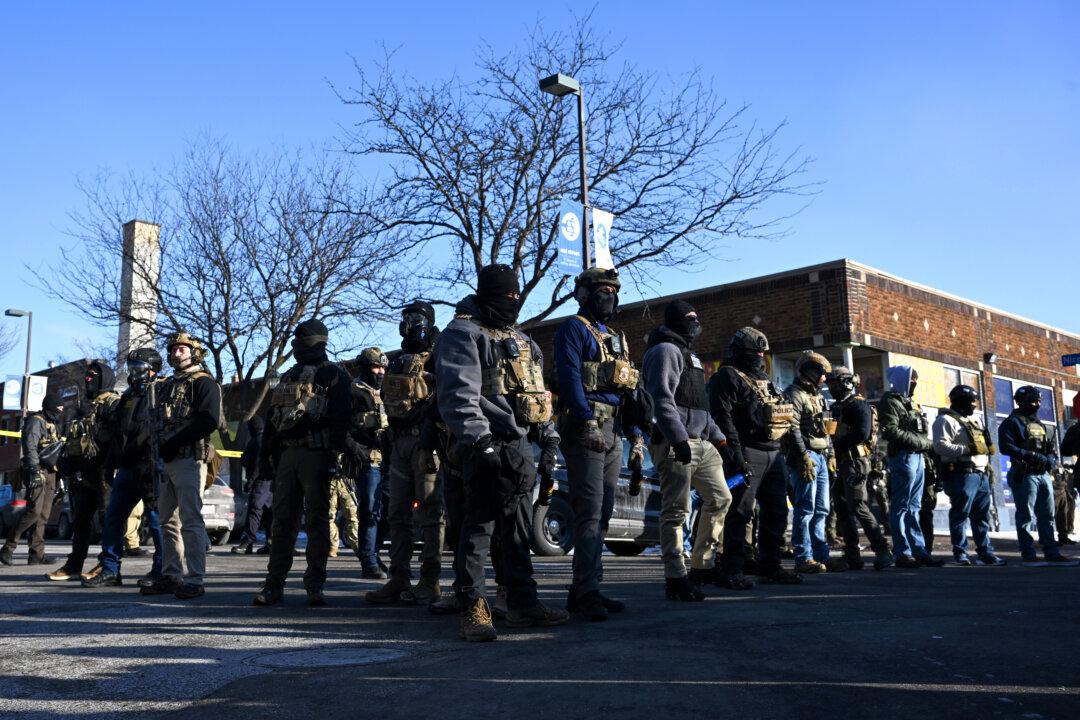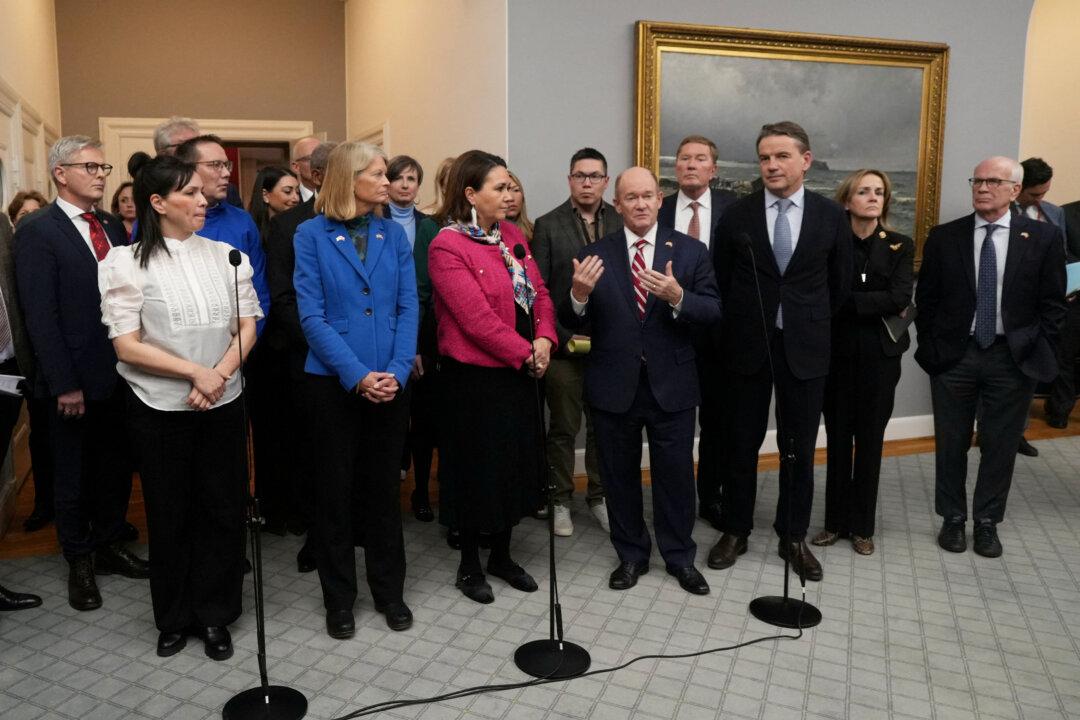It’s been a busy week for President-elect Donald Trump’s Cabinet formation, with a number of his nominees facing the heat during congressional hearings.
One of Trump’s most controversial picks is former Fox TV news host Pete Hegseth, who appeared before the Senate Armed Services Committee on Jan. 14 as nominee for secretary of defence.
The military veteran received a mixed partisan response from senators during the hearing, with some praising him for his enthusiastic energy and vision to remove progressive politics from the military.
In contrast, others criticised him for his professional experience for what would be the U.S. government’s highest-ranking civilian officer in military and defence; his personal life; and his views on women in the military.
Much of the hearing was dominated by recent allegations of alcohol abuse and sexual assault, which Hegseth dismissed as a smear campaign against him.
Former Florida Attorney General Pam Bondi, Trump’s pick for U.S. attorney general, also received a mixed reception on Jan. 15.
The U.S. attorney general plays a similar, though not identical, role to the UK’s lord chancellor and secretary of state for justice.
Democrats focused on Bondi’s ties with Trump and her potential to weaponise the Department of Justice for his political purposes, to which the potential leading federal prosecutor pledged that this would not happen.
Bondi did suggest that investigations into previous allegations of weaponisation of the Department of Justice would ensue but that “no one has been prejudged, nor will anyone be prejudged,” ensuring that she would do her utmost to prevent this from happening in the future.
Bondi added, “That’s what we’ve seen for the last four years in this administration.”
Sen. Marco Rubio (R-Fla.) led a more congenial atmosphere on Jan. 15, when facing senators for his nominee role as secretary of state, a position similar to the UK foreign secretary.
A foreign policy veteran, Rubio outlined his plans for Trump’s “America First” policy on an international scale, aiming to reverse the trends of a “liberal world order” established since the Cold War. He argued that this order had been neglecting U.S. interests, allowing countries like China to exploit the situation to their advantage.
Rubio, known for being a China hawk, described the country as “the most potent and dangerous, near-peer adversary this nation has ever confronted,” suggesting that the United States is facing an adversary superior to the Soviet Union, a challenge that would “define the 21st century.”
Scott Bessent, a billionaire hedge fund manager, sat before a Senate hearing nominated for the post of secretary of the treasury, a position similar to the UK’s chancellor of the Exchequer.
Besset emphasised the importance of tariffs and the need to strengthen U.S. supply chains in order for the U.S. dollar to maintain its status as the world’s reserve currency.
